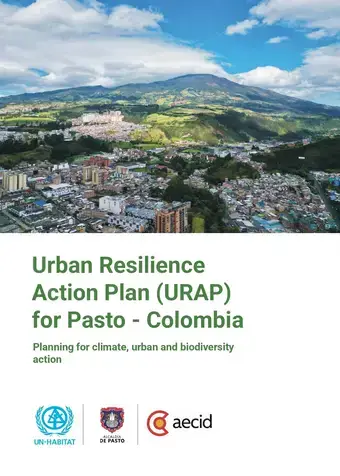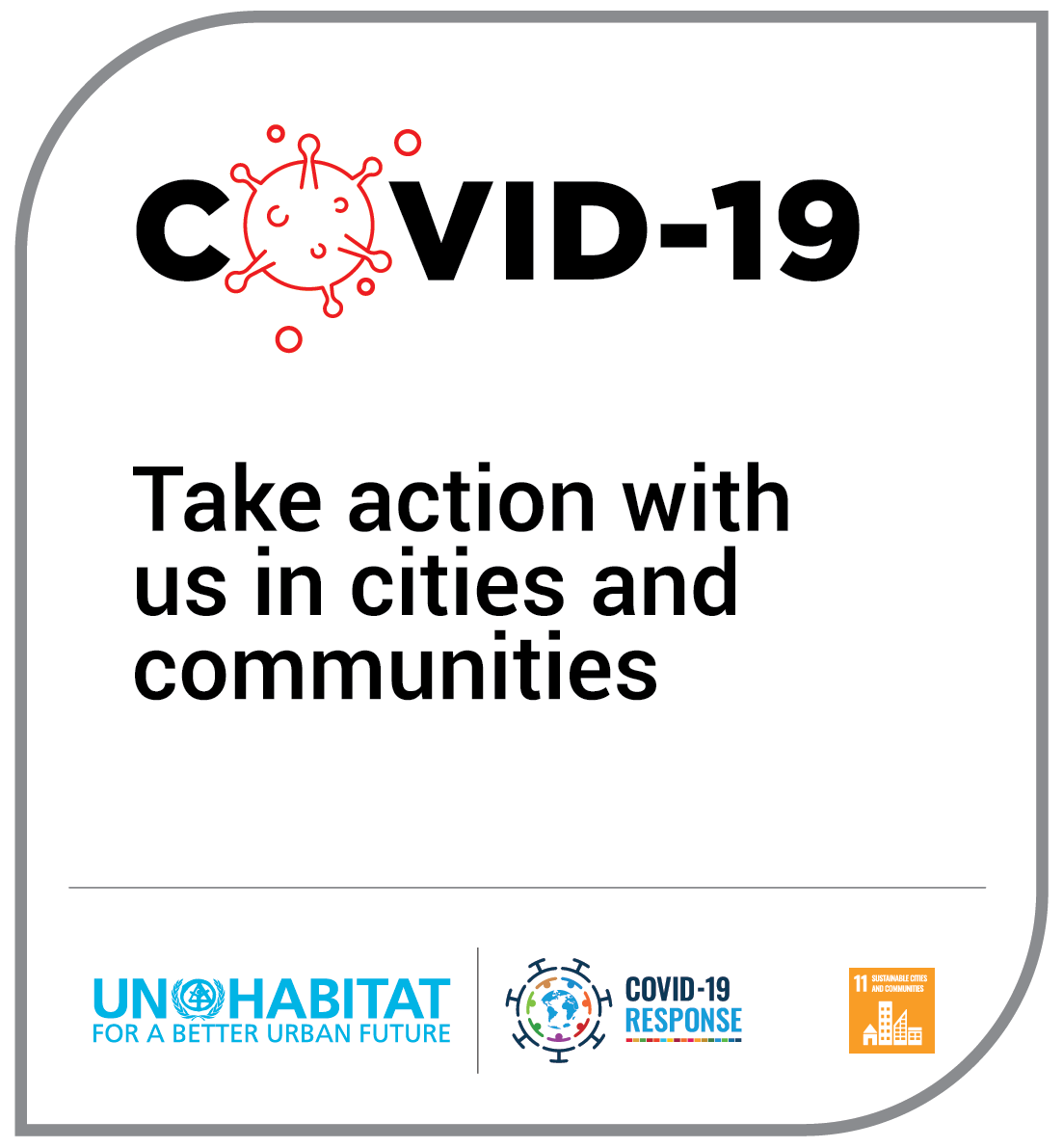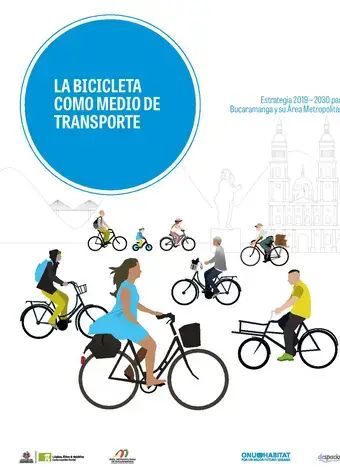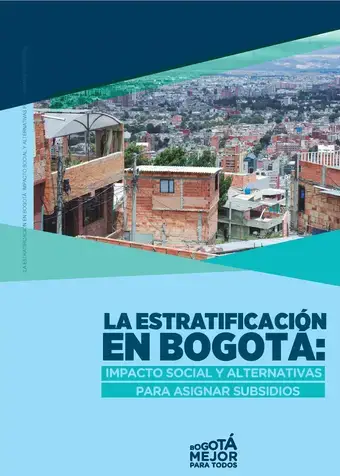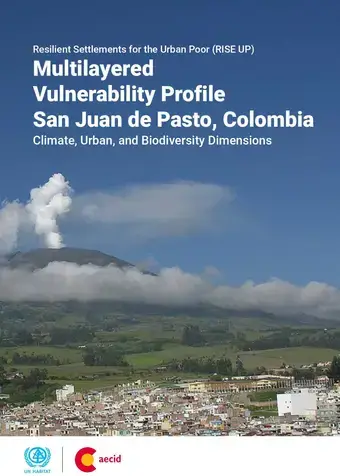Overview
The United Nations Human Settlements Program, UN-Habitat Andean Countries HUB has been in Colombia since 2003 promoting sustainable urban development. Its purpose is to technically assist national and territorial governments and other social and academic actors, in the implementation of the SDGs, in particular SDG 11 "Sustainable Cities and Communities" and the precepts of the New Urban Agenda. For this matter, its actions are focused on the design, implementation and evaluation of urban public policies and urban planning instruments, using the best practices and knowledge accumulated in the country and in other parts of the world on topics such as planning, Governance, economic development and urban finance, climate change, urban legislation and citizen participation.
Colombia is a country that is experiencing an accelerated urbanization process, with about 75 per cent of the population living in urban centers and more than 64 cities with more than 100,000 inhabitants, facing great challenges and opportunities for urban and regional development. It has also had to cope with the impact that violence has caused in the main capitals, face the recent wave of Venezuelan immigration, and mitigate the impact of climate change on sustainability.
Country Beneficiaries
"This strategy is a long-term commitment that reaffirms the compromise of this government in the future. We already have 2.6 kilometers of cycle-infrastructure, which joins the Children's Park with the Industrial University of Santander, UIS. Next year we will implement around 17 additional kilometers to connect the busiest communes in the city."
Manuel Francisco Azuero Figueroa, Dispatch Advisor and Chief of Staff of the Mayor's Office
Donors and partners
UN-Habitat's success work in the country has been based on the joint labor that has been developing with the National and local governments. The government institutions, which it has most interacted with, are the National Planning Department DNP, the Ministry of Housing, City and Territory, associations such as Asocapitales, Asoareas, Asomunicipios, control and surveillance agencies such as the Controlaría, the Procuraduría General of the Nation and the Municipal Personerías. It has also built important alliances with the academy (National University, University of the Andes, Rosary University in Bogotá, EAFIT and Pontificia Bolivariana in Medellin, Industrial University of Santander in Bucaramanga, University of Valle in Cali, and North University in Barranquilla) , and with economic associations such as CAMACOL, ANDI, and other institutions of the civil society such as the Chamber of Commerce, trade unions and social leaders organizations.
